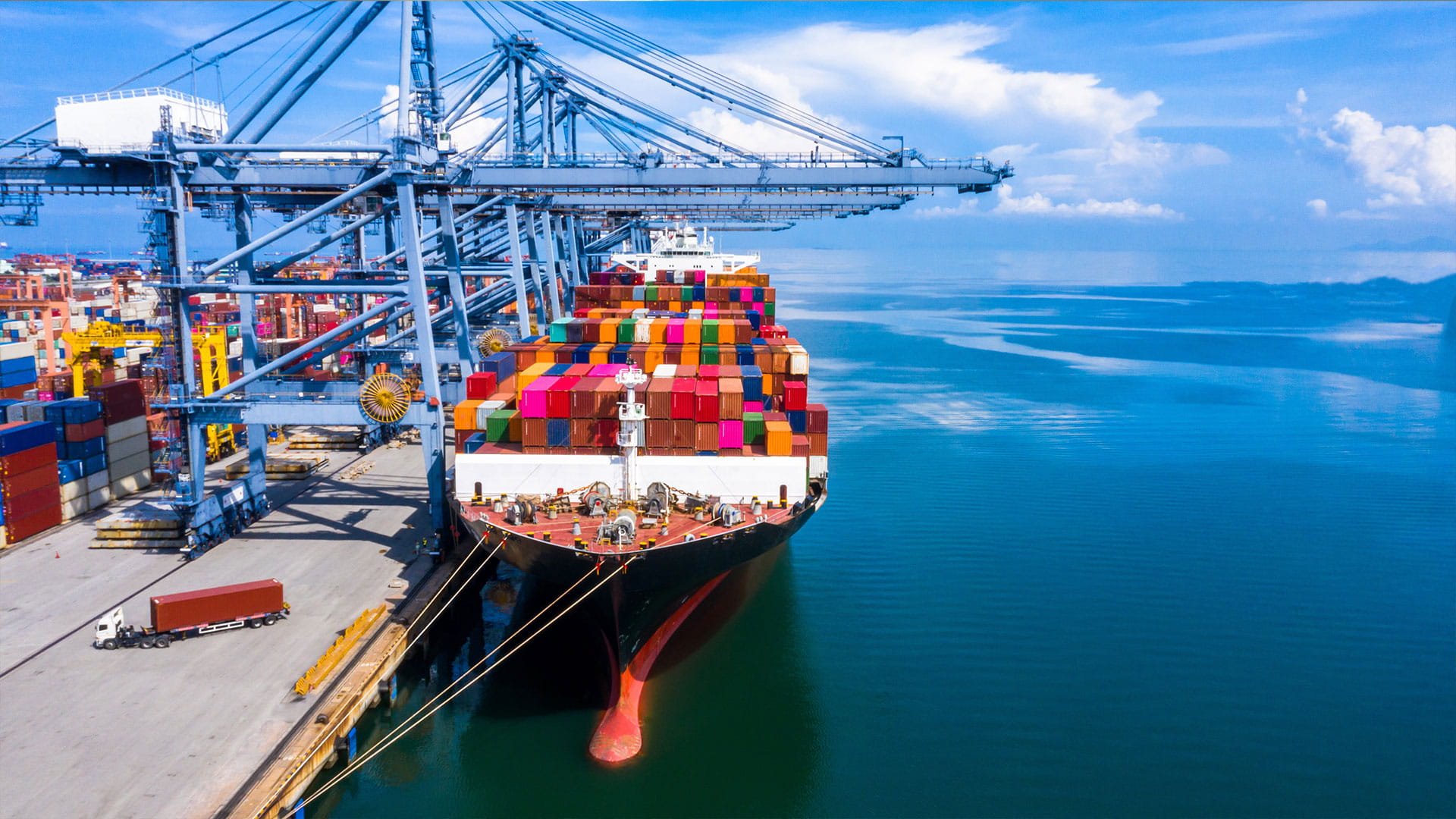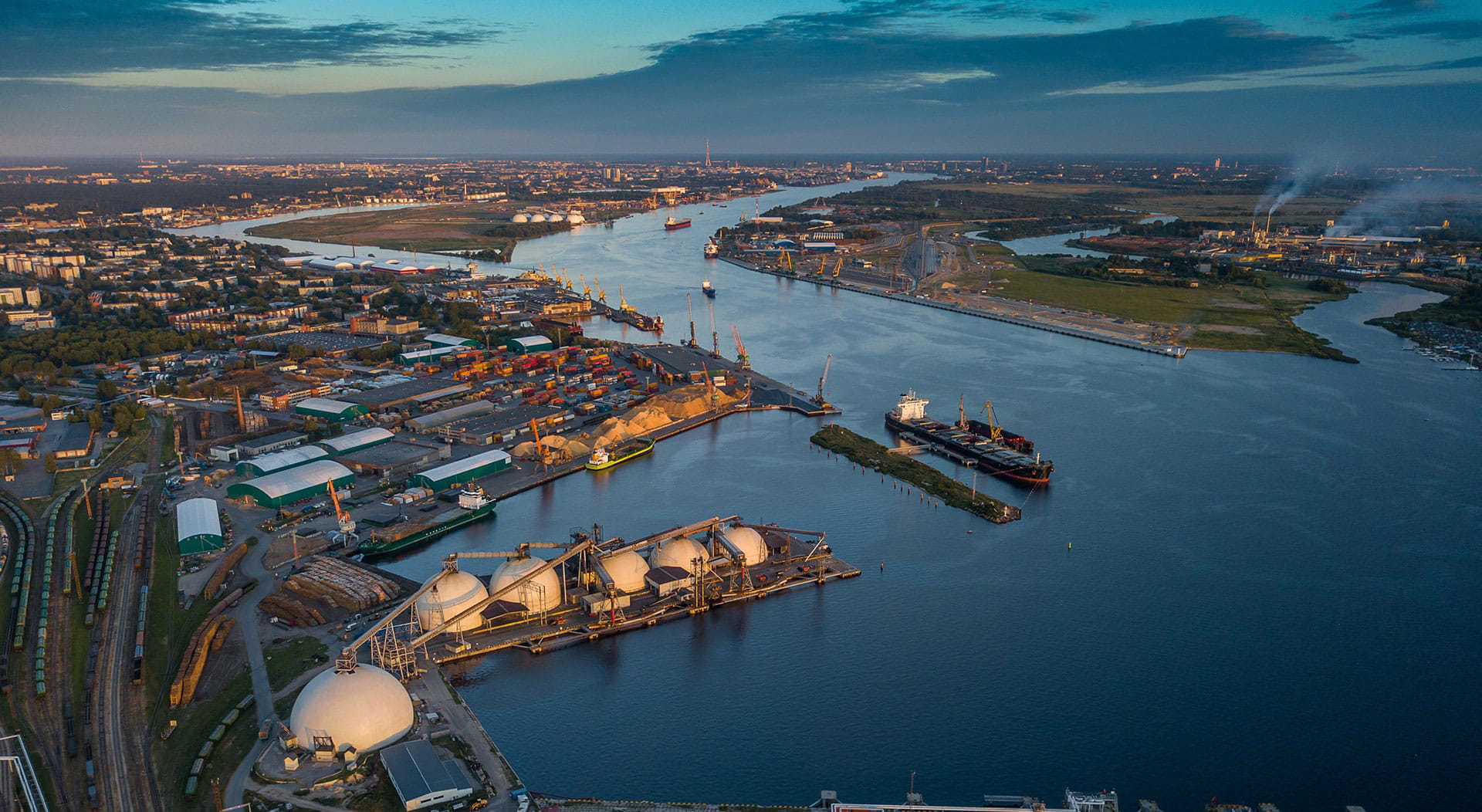Protecting the Port of Cotonou from rising climate change risk

Project facts
- ClientGlobal Center on Adaptation
- LocationBenin
- DateAugust – October 2022
- ChallengeThe port needed to understand its climate risk so it could prepare for the future and secure funding.
- SolutionA multi-hazard risk assessment to gain understanding of the physical climate change risks.
The challenge: climate change risks to infrastructure and operations
The Port of Cotonou planned an infrastructure renovation, modernisation, and expansion project to handle more traffic, stay competitive, and boost the local economy.
But sea level rise and coastal erosion bring physical challenges to the coast of Benin. For coastal cities like Cotonou, this vulnerability is multiplied by rapid urbanisation, which has made it difficult to prepare for possible flooding.
This threatened the port’s expansion plans. Climate change-related infrastructure damage would mean costly reconstruction, and downtime due to extreme weather events would cause revenue loss.
While the port’s masterplan contained measures to protect its assets against climate change risks, it needed a more detailed risk analysis, quantifying the benefits of adaptation.
The solution: detailed risk analysis across an array of hazards
The Global Center on Adaptation (GCA) appointed Lobelia Earth and Royal HaskoningDHV to investigate the proposed port upgrade and expansion project, as part of technical support to the investment project under the African Adaptation Acceleration Program (AAAP), a joint initiative launched by the GCA with the African Development Bank.
GCA technical support's goal was to investigate the port’s vulnerability to climate change, and develop a data-driven climate adaptation and resilience investment rationale to help secure finance for addressing the projected climate change risks.
We undertook a detailed analysis of high-resolution climate analytics, and applied vulnerability thresholds to determine the risk facing port assets and operations from multiple climate hazards.
This assessment showed us how Cotonou’s climate is likely to change and how this could impact the port. It also highlighted how adaptation measures could reduce these potential impacts.

With 50% of the region’s population now living in and around Cotonou, it’s never been more important to protect the city’s port infrastructure from growing climate risk.
The result: increased understanding of how to protect the port
Our assessment clearly demonstrates how the planned port developments include adaptations, and provides additional adaptation measures to consider, offering an appropriate response to potential climate change impacts. This will help to secure finance for the project.
We also worked with GCA, the African Development Bank and key stakeholders to discuss our findings, raise awareness of climate change risks, increase understanding about how the port’s assets and operations might be impacted in the future, and highlight the financial and socio-economic benefits that adaptation can deliver.



